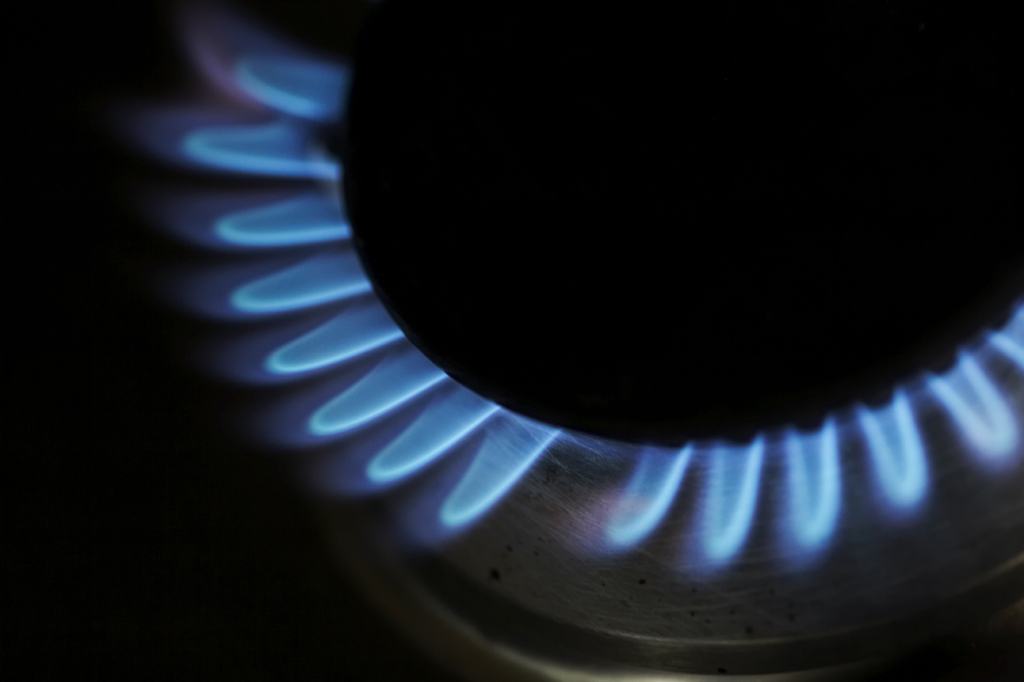Struggling households could feel the pinch more this year as fuel bills are set to rise by almost £150 a year for gas and electricity. This prediction has been made by Ofgem, who is the government regulator for the electricity and downstream natural gas markets in Great Britain. This cost increase is reportedly set to hit around 11 million households on default or standard variable tariffs. Households with pre-payment meters (around 4 million homes) will also face increases.

In October this year, bills will rise from an average of £1,138 to £1,288. Which equates to a rise of 13%.
With furlough coming to an end, and rising inflation, family finances are under more pressure, and so this energy bill rise will not be met with much enthusiasm. Not that bill rises ever are! but this one could be particularly hard to swallow.
Reduce Your Energy Bills:
You are able to reduce your energy bills with some careful changes, which need not be time-consuming or difficult to do. In doing so you will save money, maybe even offset this forecasted rise, and also reduce your home’s carbon footprint. Currently, around 37% of UK carbon emissions come from domestic heating.
- Switch energy supplier
- Lower the heat in your home
- Install and use heat controls
- Use LED bulbs
- Cut out drafts
- Opt for energy efficient appliances
- Instulate lofts and walls
While some of these cost money, others such as points 1,2,5,6 don’t (point 6 assuming you’re already looking for a new appliance). You will be amazed by lowering the temp by only 1 or 2 degrees, you can make savings that count.
If you’re in the market for a new heating appliance, look for energy-efficient models. Electric fires, like those found in our range, offer incredibly high levels of efficiency. Meaning you pay less to heat a room, compared to an older, inefficient fire. It’s the same with gas fires – opting for a new, high-efficiency fire will provide you with immediate cost savings, whilst also lowering your carbon footprint.